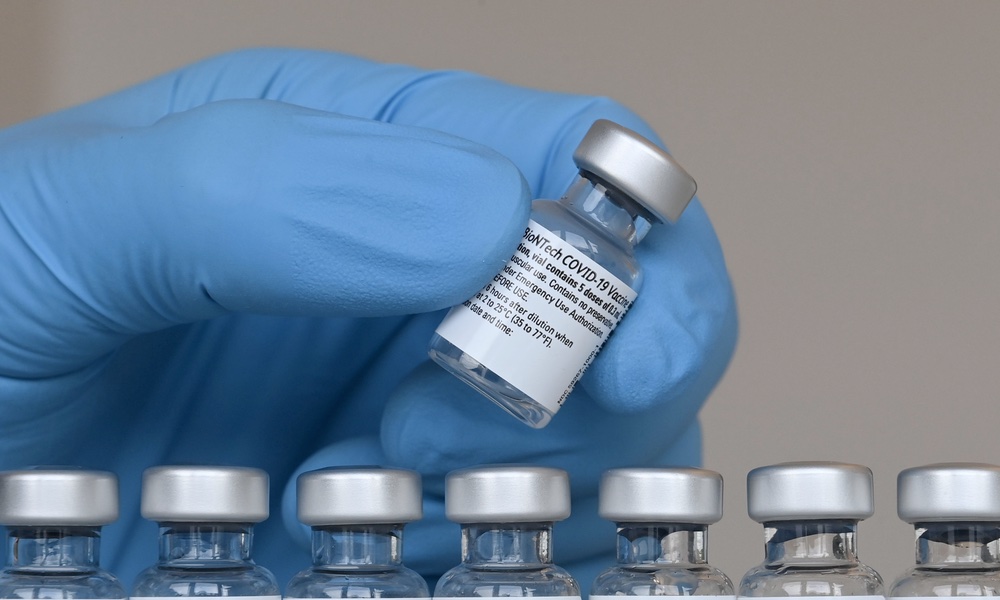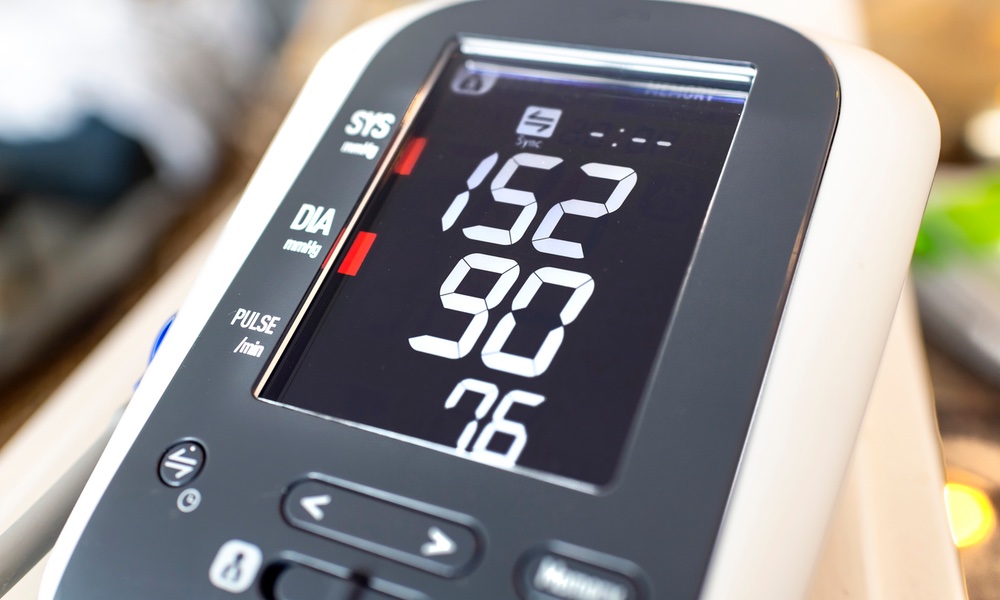Vaccines are the most effective way to prevent the spread of SARS-CoV-2, the virus that causes COVID-19. The two messenger RNA (mRNA) vaccines against SARS-CoV-2 approved for use in the U.S. are made by Pfizer-BioNTech and Moderna. Few serious side effects were reported during large, late-stage trials of both vaccines, though it is possible that late-stage trials may not identify serious risks associated with vaccines for a number of reasons, such as limited follow up and limited sample size.
Researchers from Kaiser Permanente and other health systems, in collaboration with the U.S. Centers for Disease Control and Prevention and the agency’s Vaccine Safety Datalink project, recently analyzed data from 6.2 million vaccine-eligible members of eight health plans. No serious side effects associated with either mRNA vaccine were found.
“mRNA vaccines are very effective against COVID-19, even with the Delta variant. And they are quite safe,” Kimberly Blumenthal, lead author of an editorial related to the study, told TheDoctor. “mRNA vaccines are the way of the future, and they are the way out of this pandemic.”No vaccine is 100 percent effective. But breakthrough infections among the vaccinated are generally milder.
Reports of myocarditis and pericarditis, inflammatory conditions that affect the heart, among young people following vaccination have raised concerns in patients and parents. During the first week following vaccination, the risk of 6.3 additional cases of myocarditis and pericarditis per one million doses was found for those between the ages of 12 and 39. Thirty-four cases of myocarditis and pericarditis were identified, and nearly all had recovered by the time the data analysis was done.
It comes down to the risk of myocarditis and pericarditis versus the risk of COVID, Blumenthal said. Parents have to consider what happens if their child gets COVID, including the risk of hospitalization and multisystem inflammatory syndrome. “Those risks are quite significant versus the risks associated with vaccination,” Blumenthal added. In addition, the U.S. Food and Drug Administration and Centers for Disease Control have asked for mRNA vaccine studies in children to be larger because of the risk of myocarditis and pericarditis.“mRNA vaccines are the way of the future, and they are the way out of this pandemic.”
“Going into a situation where you think a vaccine is going to protect you 100 percent is unrealistic,” said Blumenthal, an assistant professor of medicine at Harvard Medical School. No vaccine is 100 percent effective. But breakthrough infections among the vaccinated are generally milder, she added, and people with breakthrough infections have a greatly reduced risk of hospitalization and death.
The study and a related editorial are published in JAMA.





